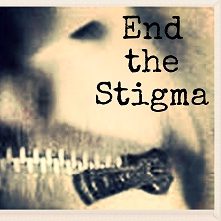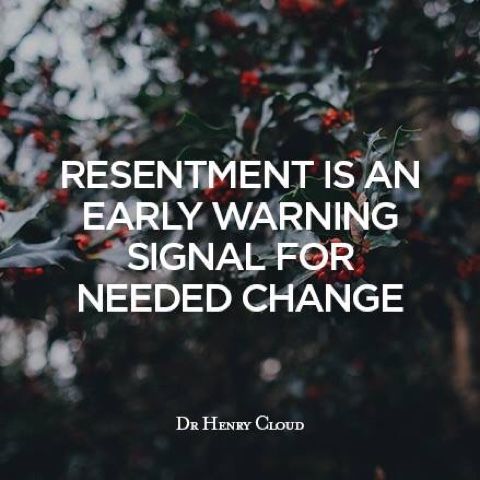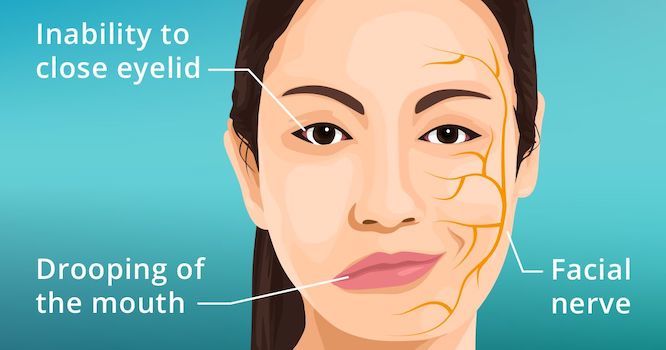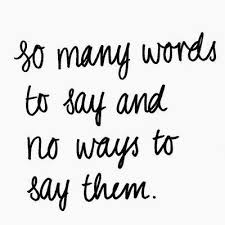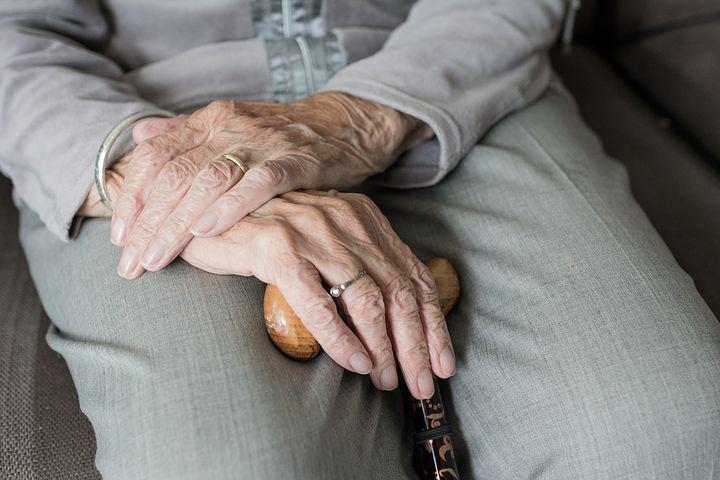We love our morning coffee, it gives us a spark of energy in the morning, and it’s been discovered that drinking two cups may reduce liver cancer risk or even assist us in living longer by reducing heart disease.
But coffee has its negative aspect also. Most of us are aware drinking coffee is addictive or may cause stomach upset, yet unaware that later in the day, it may cause a stimulant crash, including energy loss, requiring an afternoon nap, or lack of motivation. That may be why we’re sleepy later in the day.
Certain medications taken with your coffee can harm your health. So, which drugs should you never ingest with your morning coffee? Read below.
ANTIDEPRESSANTS
Coffee can lead to reduced absorption of TCAs (tricyclic antidepressants), with the patient not receiving the prescribed total dosage. Also, the SSRI medication fluvoxamine is recognized to enhance the caffeine effects. People consuming large amounts of caffeine may feel heart palpitations, ill, restlessness, or insomnia.
ADDERALL
Avoid combining coffee with Adderall. Coffee in small amounts may not have an adverse effect with side effects, but combining the two can raise side effect risks. Those risks include high blood pressure, heart elevation, feeling nervous or jumpy, and trouble sleeping.
PSEUDOEPHEDRINE and EPINEPHRINE (stimulants)
Coffee is a stimulant, and interacting with other stimulants, could lead to increased heart rate and risk of tachycardia.
VITAMINS
Since coffee is a diuretic, vitamins won’t be valuable to your body if they are shoved along too quickly in your digestive system or have a positive effect if flushed out of your body. Also, as a diuretic, coffee can cause a loss of water-soluble vitamins (Bs and Cs) when taken together.
Coffee can also reduce your absorption of vitamins, iron, and calcium, forcing food through the digestive tract faster.
DIABETES
For medications that treat diabetes, coffee may have a harmful effect. It can, in some people, increase blood sugar, which may counteract the consequences of your anti-diabetic medications. If you drink coffee, it’s essential to monitor your blood sugar.
LEVOTHYROXINE (thyroid medication)
A study published found that coffee (a stimulant) interfered with this medication. It also has a slight laxative effect which causes fluid in stools. Coffee could cause this medication to affect the intestines by moving it too quickly. Your thyroid hormone levels may decrease, leading to symptoms of hypothyroidism, fatigue, weakness in your muscle, possible weight gain, hoarseness, and cold sensitivity
Article source bestlifeonline.com
Other sources:
mayoclinic.org, WebMd.com, worldofmolecules.com
Written and copyrighted by Deb McCarthy, October 2022
 Launching my blog in 2007, “Living in Stigma” the goal was to share my life experiences with mental illness with others, and aspire to receive feedback from those also struggling with their own depressive illnesses. I felt as if I was living in stigma with my own major depression.
Launching my blog in 2007, “Living in Stigma” the goal was to share my life experiences with mental illness with others, and aspire to receive feedback from those also struggling with their own depressive illnesses. I felt as if I was living in stigma with my own major depression.







:max_bytes(150000):strip_icc():format(webp)/VWellPhotocopy-21d0dabeb22949a29e9264292e747fcd.jpg)
